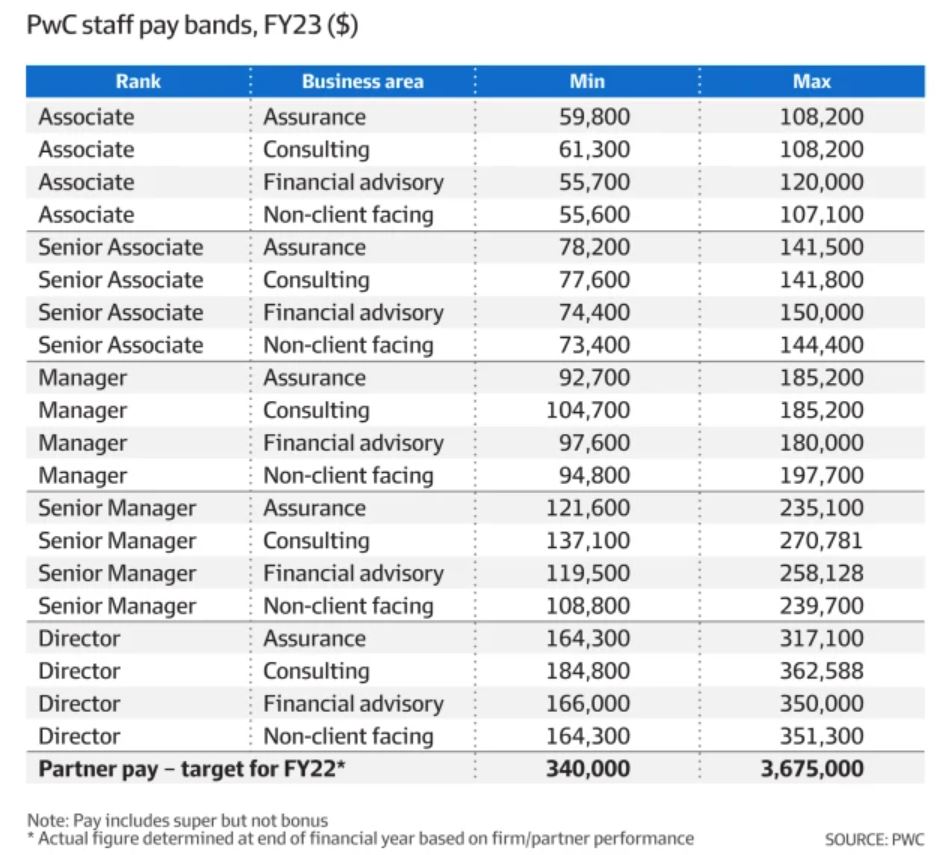
How much do software engineers make? This article will outline the basic steps in the software engineering career and provide information on the different compensation levels and experience levels needed. We'll also cover how to get hired as software engineers, what to expect during interviews, and which tech cities have the best job opportunities. Continue reading to find out more. This article was written for both new graduates and those with previous experience. Get started by researching your field in order to determine your salary range.
Salary ranges
Software engineers' salaries vary depending on where they live. New York City is home to a wide range of candidates because it is dominated in finance, fashion, and media. Boston is home to some of the most talented minds in the world and is a major hub for STEM. Salary data are updated annually and based on salary surveys. Software Engineers can view their salary information by technology platform and major. Get an idea of the salaries that Software Engineers earn in different cities by looking at our salary data.
An entry-level software engineer typically makes between $69,000 and $130,000 per year. While they are unlikely ever to make any decisions that impact the quality of products', they can earn six-figure salaries and live in expensive areas. Even though they are not expected to make product decisions, entry level software engineers can still contribute to the overall project and help move it forward. A good organization will involve junior software engineers in conversations to share their expertise.

Interview process
Structured system design rounds are a good way to start an interview process for software engineers. This round should last about an hour and ask questions about the design of a shared-drive system, database design and high-level architectuing. It will test the candidates knowledge and skills in each domain. Candidates must be prepared to describe the changes made to the system and how they affected the end-user experience. A system design round typically includes a written document detailing what was done and how it was done. This process also works well for candidates who are not working on a system design project, because they will be able to demonstrate the impact of their changes.
The next step in the software engineer interview process is to show that you have all the necessary skills. The interviewer is interested in learning about your technical skills, so be prepared to answer questions about your background and any training you've received. As much as possible, provide examples of technical tasks you have completed, such as how to use a computer program. Some questions may be vague or hard to answer, but try not to get discouraged.
Required experience to become software engineer
It doesn't matter what area you choose, to become a software engineer you need to have some experience. Software engineers spend a lot time solving and troubleshooting problems. They learn new programming languages and best practice. They need to be able explain complex concepts to clients who are not technical. In addition, software engineers work with others to plan software projects. The following are the skills required to be a successful software engineer.
Software engineers typically have at least an associate's degree. It is often in computer science and software engineering. Software engineers must also be proficient in the relevant language and have experience building software. They may be offered a job as interns, or at an entry-level. This will allow them learn from more experienced software developers. Many software engineers start as programmers before moving up to the management level. Software engineering, like any other career, is highly rewarding.

Top tech cities to work as software engineers
San Francisco Bay Area is a well-known tech hub. Every year, thousands of software engineers visit the area. It is less attractive to potential candidates because the cost of living in the area is much higher than the national average. Dallas, the eleventh-best tech city, is an affordable alternative. Although it does not have the same energy or craziness as New York City and San Francisco, it still offers great opportunities for software engineers to work and live.
According to Karat, Seattle is fourth on the list. Its popularity is growing due to the arrival of Bay Area tech workers. The suburbs of Portland, including Hillsboro and Beaverton, are home to the Silicon Forest, which includes Nike and computing pioneers. Portland is a diverse and large tech city with a cost of living index of 78, and nearly $75,000 in salary for software developers.
FAQ
Why would a company pay a consultant?
Consultants offer expert advice to help improve your business' performance. They aren't there to sell your products.
Consultants help companies make better business decisions through sound analysis and suggestions for improvement.
Consultants often work closely alongside senior management teams to help understand what they need to succeed.
They offer leadership coaching and training to help employees reach their full potential.
They could advise businesses about reducing costs, streamlining processes and increasing efficiency.
What type of jobs can a consultant do?
You will need to be able to understand business strategy and operations if you want to work as a consultant. You need to be able to comprehend how businesses function and how they fit in with society.
A career as a consultant requires you have great communication skills and a strong ability to think critically.
Consultants should be flexible because they may be asked for different tasks at various times. They should be able change direction quickly, if required.
They should be prepared to travel extensively in support of their clients. This type of work can take them all over the world.
They need to be able and able to manage pressure and stress. Sometimes consultants are required to meet tight deadlines.
As a consultant you might work long hours. This can mean you might not always receive overtime compensation.
What is the secret to modern consulting?
The first consultants were actually accountants who would help companies manage their finances. They were able to manage financial information and became "accounting experts". This role quickly expanded to include human resource management.
The French word meaning "to advise" in French is what gave rise to the term "consultant". This term was originally used by businessmen to denote someone who could give guidance on how to run an enterprise. In fact, most business owners today still use the word consultant when referring to any kind of professional advisor.
What industries employ consultants?
There are many different types. Some focus on one particular type of business while others specialize in more than one area.
Some consultants are only available to private companies while others work with large corporations.
Some consultants are available to help businesses around the world.
Statistics
- "From there, I told them my rates were going up 25%, this is the new hourly rate, and every single one of them said 'done, fine.' (nerdwallet.com)
- 67% of consultants start their consulting businesses after quitting their jobs, while 33% start while they're still at their jobs. (consultingsuccess.com)
- WHY choose me: Why your ideal client should choose you (ex: 10 years of experience and 6-week program has helped over 20 clients boost their sales by an average of 33% in 6 months). (consultingsuccess.com)
- According to statistics from the ONS, the UK has around 300,000 consultants, of which around 63,000 professionals work as management consultants. (consultancy.uk)
- According to IBISWorld, revenues in the consulting industry will exceed $261 billion in 2020. (nerdwallet.com)
External Links
How To
How can you find the best consultants?
It is important to first ask yourself what you expect from a consultant when searching for one. Before you start looking for someone to work with, it's important that you know your expectations. It is important to make a list with all the requirements you have for a consultant. This could include: professional expertise and technical skills, project management capabilities, communication skills, availability, etc. After you have outlined your requirements, you might want to ask friends and colleagues for recommendations. Ask them about their experiences with consultants and compare their recommendations to yours. If you don't have any recommendations, try doing some research online. You will find many websites such as LinkedIn, Facebook Angie's List, Indeed and Indeed where people can leave reviews about their past work experiences. Use the feedback and ratings of others as a starting point to search for potential candidates. Once you have a short list of candidates, contact them to arrange an interview. During the interview, you should talk through your requirements and ask them to explain how they can help you achieve those goals. It doesn't matter whether they were recommended to you or not; just ensure that they understand your business objectives and can demonstrate how they can help you reach those goals.